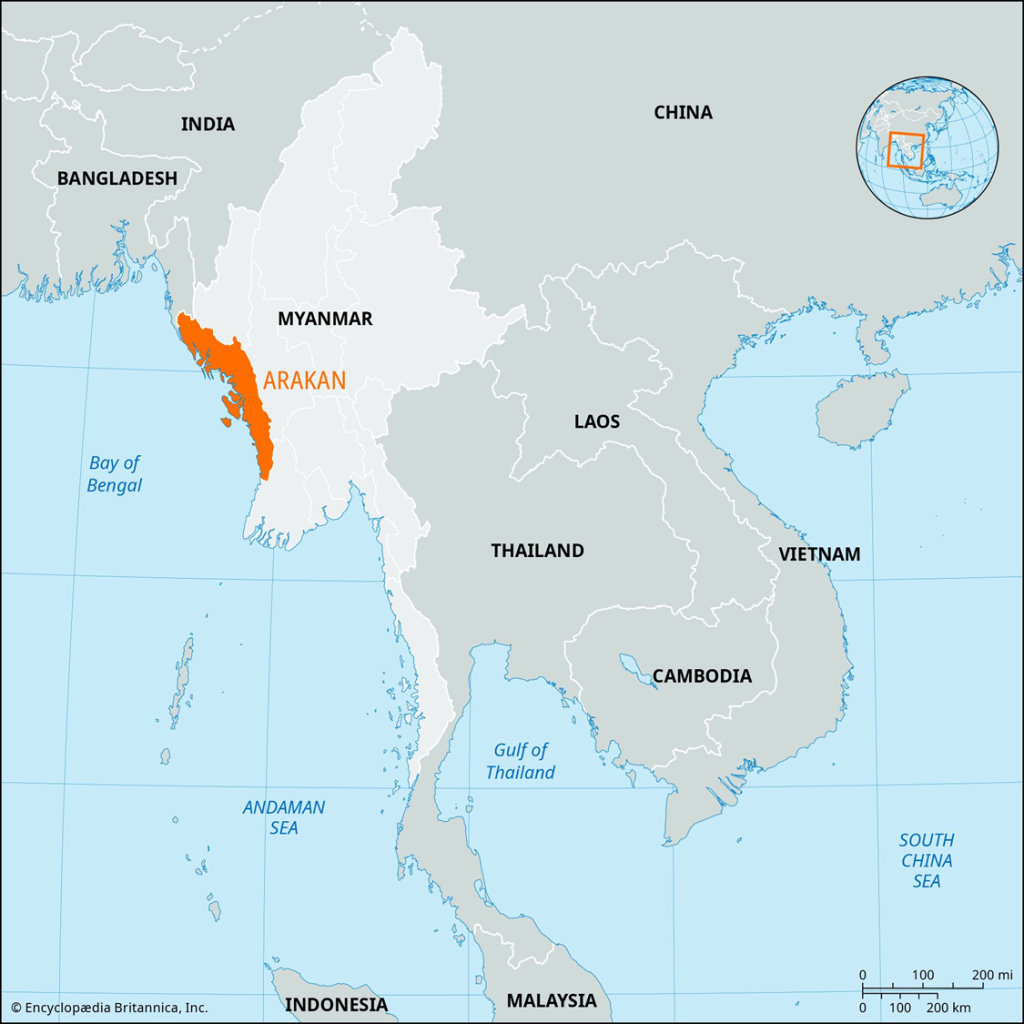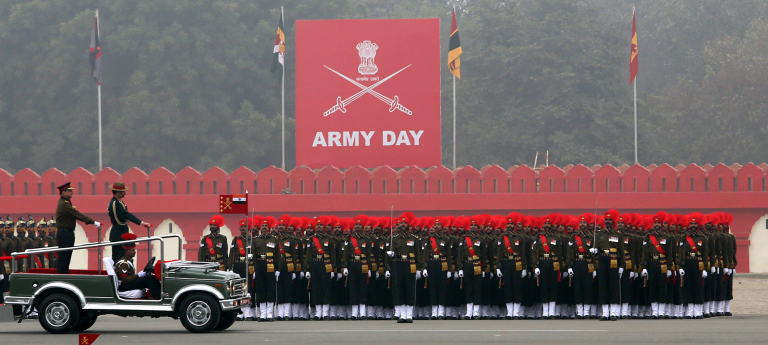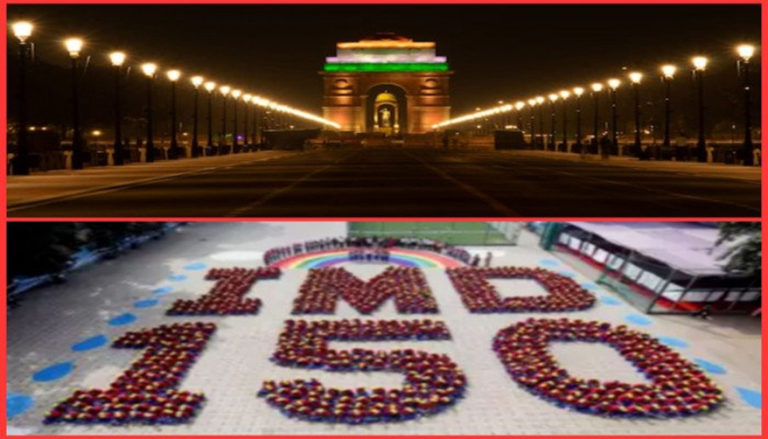Bangladesh faces a critical threat from Myanmar’s insurgent group, the Arakan Army, which has reportedly encroached on parts of its territory near Teknaf, heightening tensions in the region.
Who is Arakan Army?
Founded in: 2009
What it is: The Arakan Army is an ethno-nationalist armed organization and the military wing of the United League of Arakan representing the Rakhine ethnic group.
Aim: Seeks greater autonomy for the Rakhine people and restoration of their sovereignty, challenging Myanmar’s central government.
Region found in: Based in Myanmar’s Rakhine State, with operations expanding into strategic areas near Bangladesh, including the Teknaf region and Saint Martin Island.

Despite its designation as a terrorist organisation by Myanmar in 2020, and again by the State Administration Council junta in 2024, the AA has emerged as a formidable force, effectively challenging the junta’s grip on Rakhine state. The separatist Arakan Army an ethno-nationalist armed group, has solidified its control over nearly all of Rakhine state, successfully pushing back Myanmar’s junta-led forces.
The Arakan Army has accused nearly 11 terrorist groups of operating from Rohingya refugee camps in Bangladesh, including the Rohingya Solidarity Organisation, Arakan Rohingya Salvation Army, and Arakan Rohingya Army.
Alleged Nexus Between Junta and Jihadis
The Arakan Army has pointed to a disturbing collaboration between the junta and certain terrorist groups. “There is credible evidence that the junta is leveraging these terrorist organisations to destabilise our control in Rakhine,” said a source within the Arakan Army. The AA has also criticised Bangladesh for its alleged complicity in allowing terrorist groups to proliferate within its borders. The Arakan Army further alleges that certain elements within Bangladesh’s security agencies are involved in recruiting and training members of these groups.
The 270-km border between Rakhine state and Bangladesh has become increasingly porous, facilitating the movement of terrorists, arms, and funds. The AA has highlighted this porousness as a major factor in the growing insecurity in the region.








